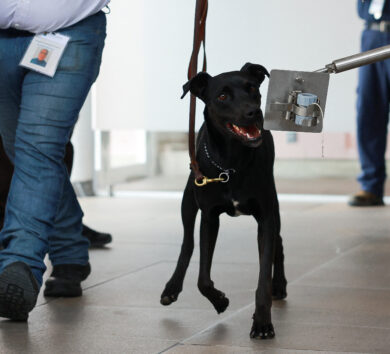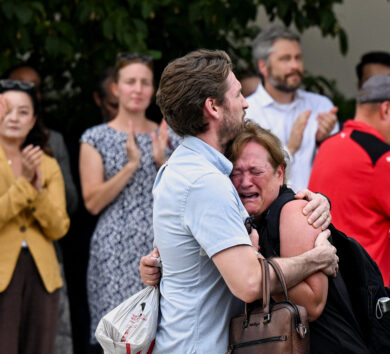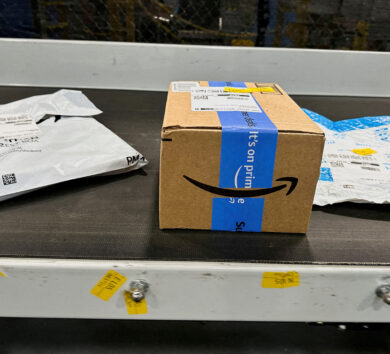
Recently released USDA study shows 12.8% of Jamaican population currently food insecure

The United States Department of Agriculture (USDA) is reporting a doubling of Jamaica’s food insecurity numbers based on the findings of its study, International Food Security Assessment, 2020–2030: COVID-19 Update and Impacts on Food Insecurity.
The study, which was carried out by the Economic Research Service Division of the USDA, reveals that 12.8 per cent of the Jamaican population is currently food insecure. This equates to some 400,000 people.
The International Food Security Assessment report showed that the latest estimates of 400,000 Jamaicans being food insecure has doubled the original projections of some 200,000 due to the pandemic. In addition, there was an increase of 100,000 persons over revised projections made during COVID-19.
Original estimates doubled because of COVID
Before the pandemic, the USDA released preliminary data showing that 200,000 Jamaicans would be food insecure by the end of 2020. However, by the end of the year, the socio-economic impact of the pandemic resulted in the actual number of persons suffering from food insecurity to exceed pre-pandemic estimates by 100 per cent.

The primary affected groups were female-headed households and homes with at least one child with 70 per cent of the survey respondents reporting difficulties “eating enough” during the pandemic.
One in three respondents claimed to have skipped meals or ate less while one in 10 report that they have gone a full day without food. Respondents pointed to a marked decline in household food stocks with 20 per cent saying there was no food at home.
According to the report, Jamaica’s food gap, which is the amount of food needed to allow each individual consuming below the threshold level to reach the caloric target, is 222 calories per capita, meaning it would take on average an added 222 calories per day to make every food insecure member of the Jamaican population food secure.
World Food Programme survey
A survey carried out by the World Food Programme confirmed that food insecurity in Jamaica was primarily driven by COVID-19 restrictions and economic conditions as opposed to supply-side factors. The survey highlighted that COVID-19 containment measures were the root cause of growing food insecurity.

Six out of 10 survey respondents reported that their ability to pursue a livelihood had been significantly impacted by COVID, due to concerns about leaving home due to movement restrictions. Seventy-four per cent reported a job loss or a reduction in income.
Market access was also severely impacted by movement restrictions with 38 per cent of Jamaicans reporting an inability to access markets due to virus containment measures while 88 per cent reported having to change their shopping behaviour.







Comments